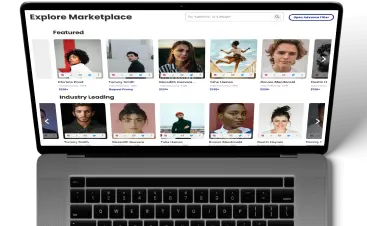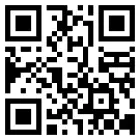What is a Content Calendar?
A content calendar is a strategic planning tool individuals or organizations use to schedule and organize content creation and distribution over a specific period, typically on social media platforms or other digital channels. It provides a roadmap for content creation, ensuring consistency, relevance, and alignment with overarching marketing goals and objectives.
On social media, a content calendar serves as a centralized repository for scheduling and managing social media posts, including text, images, videos, and other multimedia content. It helps maintain a consistent posting schedule, ensures content diversity, and enables strategic content planning and optimization.
Creating a Content Calendar:
- Define Objectives: Start by identifying your social media objectives and goals. Determine what you aim to achieve through your content, such as increasing brand awareness, driving website traffic, generating leads, or engaging with your audience.
- Know Your Audience: Understand your target audience’s preferences, interests, and behaviors to create content that resonates with them. Conduct audience research to gather insights into their demographics, preferences, and pain points.
- Choose Content Themes and Topics: Brainstorm content ideas and themes that align with your brand values, products or services, and target audience interests. Consider incorporating a mix of educational, entertaining, promotional, and curated content to keep your audience engaged.
- Establish a Posting Schedule: Determine how often you plan to post on each social media platform and establish a posting schedule that aligns with your audience’s behavior and engagement patterns. Consider factors such as optimal posting times, frequency of posts, and platform-specific best practices.
- Create Content Templates: Develop content templates or guidelines to maintain consistency in branding, messaging, and visual elements across your social media posts. This includes defining the tone of voice, brand colors, fonts, and design elements to be used consistently in all content.
- Plan Content in Advance: Use a content calendar template, spreadsheet, or project management tool to plan and schedule your social media content in advance. Map out the content topics, formats, captions, hashtags, and publishing dates for each post according to your posting schedule.
- Monitor and Review Performance: Regularly monitor the performance of your social media content using analytics tools provided by each platform. Evaluate critical metrics such as engagement, reach, click-through rates, and conversions to assess the effectiveness of your content calendar and make data-driven optimizations.
Importance and Benefits of Content Calendars:
- Consistency: Content calendars help maintain a consistent posting schedule, ensuring a steady flow of content to keep your audience engaged and informed.
- Organization: Content calendars provide a structured framework for planning and organizing content creation and distribution, streamlining workflows, and reducing last-minute scrambling.
- Strategic Planning: Content calendars enable strategic planning and alignment with broader marketing strategies and campaigns by mapping out content themes, topics, and objectives in advance.
- Efficiency: Content calendars facilitate efficient content creation and scheduling, allowing teams to plan and produce content in batches and schedule posts in advance, saving time and resources.
- Collaboration: Content calendars foster cooperation and coordination among team members, enabling seamless communication, feedback, and alignment on content strategies and initiatives.
- Flexibility and Adaptability: While providing a structured framework, content calendars also allow for flexibility and adaptation to emerging trends, news events, and changes in audience preferences or behavior.
- Performance Tracking: Content calendars enable monitoring and analysis of content performance over time, providing valuable insights into what types of content resonate best with your audience and informing future content strategies and optimizations.
Check out some other terms you may encounter in the Creator economy here.




